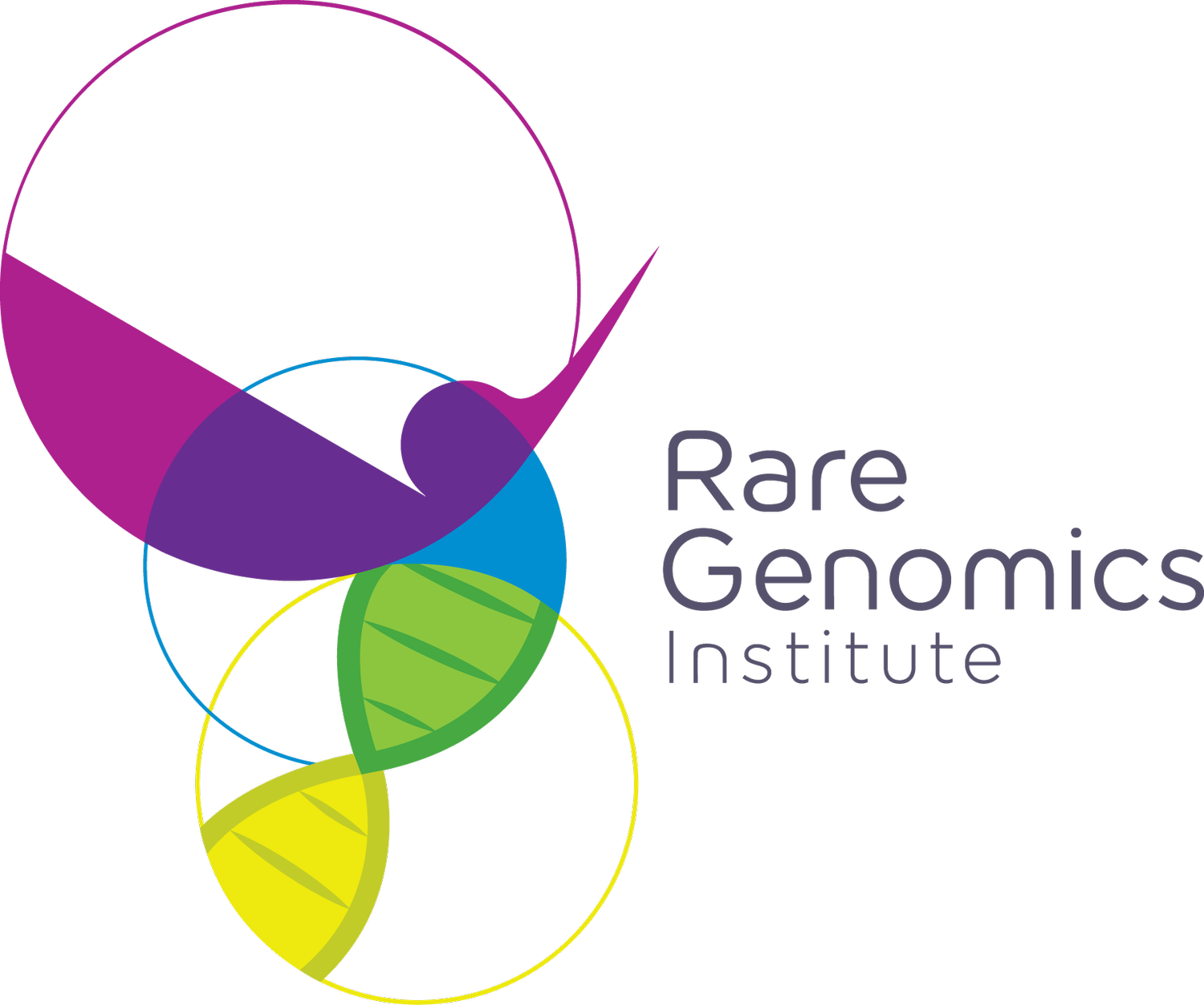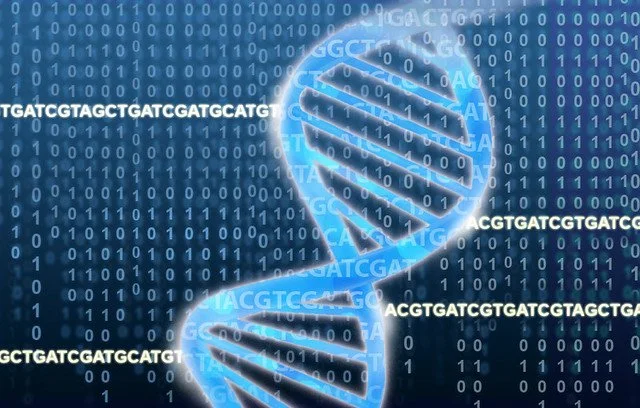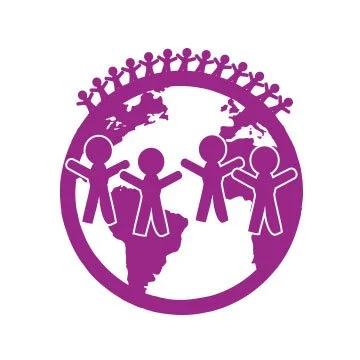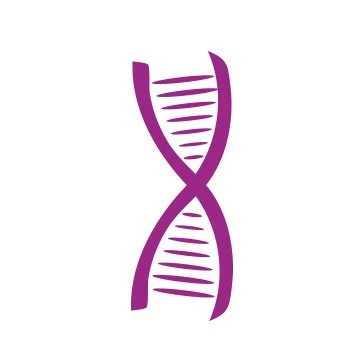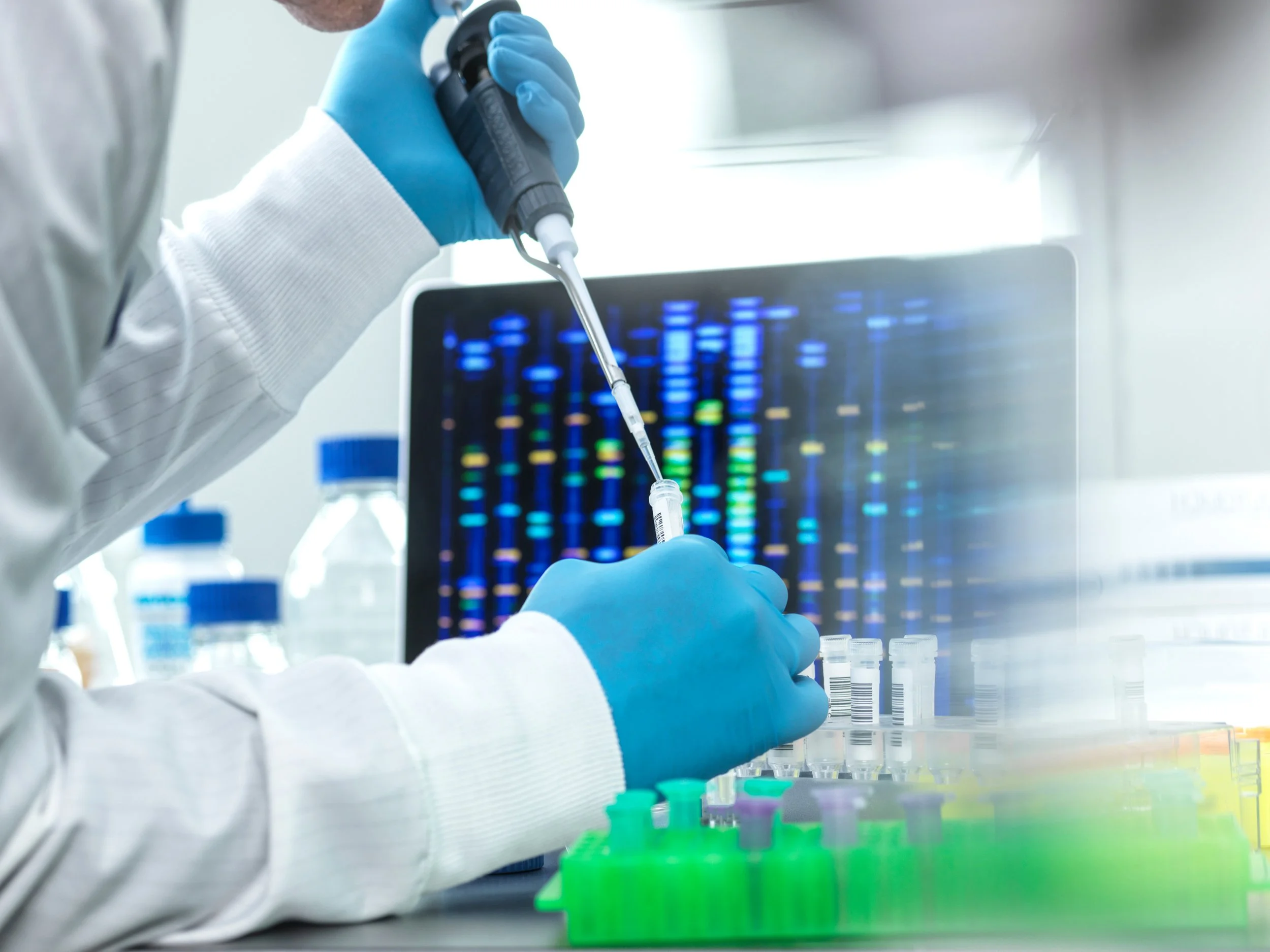
Sequencing
Programs > Sequencing
What is Sequencing?
Diagnostic genetic sequencing is like reading a book but with DNA. It involves collecting and analyzing a person's genetic material to find out if there are any changes or errors that might be linked to a disease. The patient's genetic information is compared to that of biological family members, usually parents, to identify these changes or variations.
Whole exome sequencing (WES) focuses on reading the part of your genome that often contains instructions for cellular function. These sections comprise just a tiny part of our genetic material but often contain crucial information related to diseases.
Whole genome sequencing (WGS) reads all the genetic material. This can help find not only known issues but also new or rare mutations that might be responsible for a disorder or disease.
Both methods can lead to more accurate diagnoses and better treatment plans based on a person's unique genetic makeup.
How RG helps with Sequencing
RG's Patient Advocacy Team coordinates clinical WGS, collectively called Next Generation Sequencing, for children and adults affected by rare or undiagnosed genetic illnesses.
We can work with your referring physician to coordinate sequencing, and support the planning and return of results for you. Sequencing opportunities include free philanthropic sequencing for children in the iHope program with our partner organization, as well as free sequencing for adults with Dante Labs.
We can also recommend other sequencing labs that accept insurance. Please note that your physician should determine if next-generation sequencing is needed and recommend the testing for you.
Note: This program is intended for underserved or resource-limited patients who do not have access to WGS through insurance or other means.
Frequently Asked Questions
-
Anyone is eligible if they are suspected of having a rare or undiagnosed genetic disease and have a physician that recommends the test. Both biological parents (or other biological family members if needed) are asked to provide a blood sample.
-
We work with patients to connect them to sequencing sites at limited or no cost. These options could include our partners who offer pro-bono sequencing, or sites that accept insurance.
-
In an estimated 90 days the results will be sent to your referring physician.
-
Follow the steps under the ‘How to apply’ section below. If your inquiry is a match for the Sequencing program, a patient advocate will reach out and guide you through the process.
How To Join Our Programs
1
Fill out our contact form, select ‘Patient,’ and provide details on how we can help so that we have some basic information. You may also enter any questions you have on specific programs.
Fill out our Contact Form
2
An advocate will get in contact within 3 business days to get detailed information so they help determine whether one of our services can fulfill your needs.
Patient Advocate Review
Get Matched
3
After determining if we have a suitable program for you, we will assist in connecting you with the appropriate programs uniquely suited to your needs.
The Program’s Impact
To date, we have helped more than 410 rare disease families and 600+ individual patients with over $5.2M worth of next-generation genome sequencing.
Rare Genomics has experienced great success and raised more than $2M since 2012 with partnership programs such as our annual BeHeard Science Challenge.
In 2023 alone, over $750,000 in funds were raised to support 23 rare disease studies globally.
